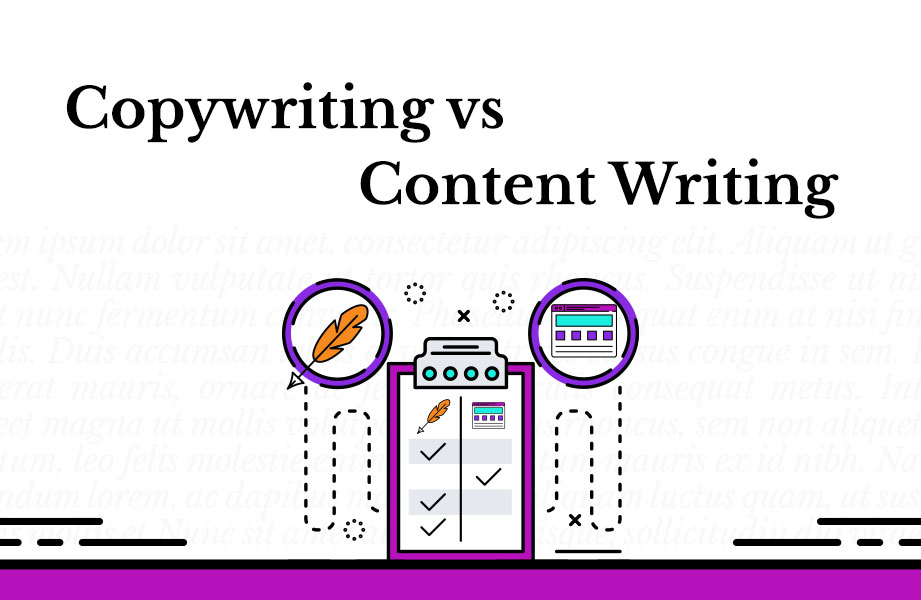In today’s digital age, content is king – but the term has a wide variety of meanings. When the general populace hears the term it’s probably most often associated with the idea of “content creators,” who might make podcasts, YouTube channels or other widespread social media networks. While this is certainly content, it’s not the only kind. Everything is content, technically, from the shows and movies that fill up your favorite streaming library to the stories that fill the page of the Sunday newspaper.
What is content writing in digital marketing?
When it comes to digital marketing, which is the realm in which Phantom Copy exists, content is anything written and published in a digital format. Most often, that includes blog posts like this one or other landing pages on a website, but it could also mean press releases, scripts for video or audio productions, guide books, product descriptions, social media copy and so on.

The term copy is even broader than content, as it is a term used to represent any text within some sort of publication. In other words, the text in those blogs, landing pages, press releases and so on is copy. So what, then, is the difference between copywriting and content writing? If you’re writing content, aren’t you technically also writing copy? Yes, but the term copywriting has a definition of its own.
What is copywriting in digital marketing?
We’ve now established that writing content means you’re also writing copy, so how exactly is copywriting different? Copywriting is a term used specifically to describe the act of writing the text of advertisements. In other words, broad strokes, copywriting is meant to persuade its readers to do something. Copywriting is the creation of text in your PPC ad campaigns, your social media ads, your sales emails and similar things.
What is the difference between copywriting and content writing?
If you’re doing things correctly, then your business will likely include plenty of both copywriting and content writing. The difference between them really comes down to what you’re trying to accomplish with the finished product. If you’re simply trying to educate your readers on something or entertain them in some way, then you’re content writing. If, instead, you’re trying to compel your readers to take some action, then you’re copywriting.

The lines can certainly get a bit blurred, depending on the purpose of your digital marketing. Let’s use a car dealership as an example. Ultimately, everything the dealership creates for its digital presence is working towards selling cars, but that doesn’t mean you should only focus on copywriting. When it comes to search engine optimization, content writing typically outperforms copywriting by leaps and bounds, helping to establish domain authority and make sure that your website and pages are showing up near the top of search results.
So, even though you want to make sure to sell all of the Chevy Silverado trucks in your inventory, creating a blog detailing the towing capabilities of the truck is a great way to educate your consumers on the product. While you might want that piece to lead to Silverado sales, it isn’t directly trying to persuade the reader to make that purchase. Your PPC ad detailing the lease prices of the Silverado and imploring readers to come on down, on the other hand, is.
Hopefully, the information on this blog (which is content writing) helps to educate you (see!?) on the difference between these two great digital marketing methods. Remember, your strategy should involve both, so happy writing!
